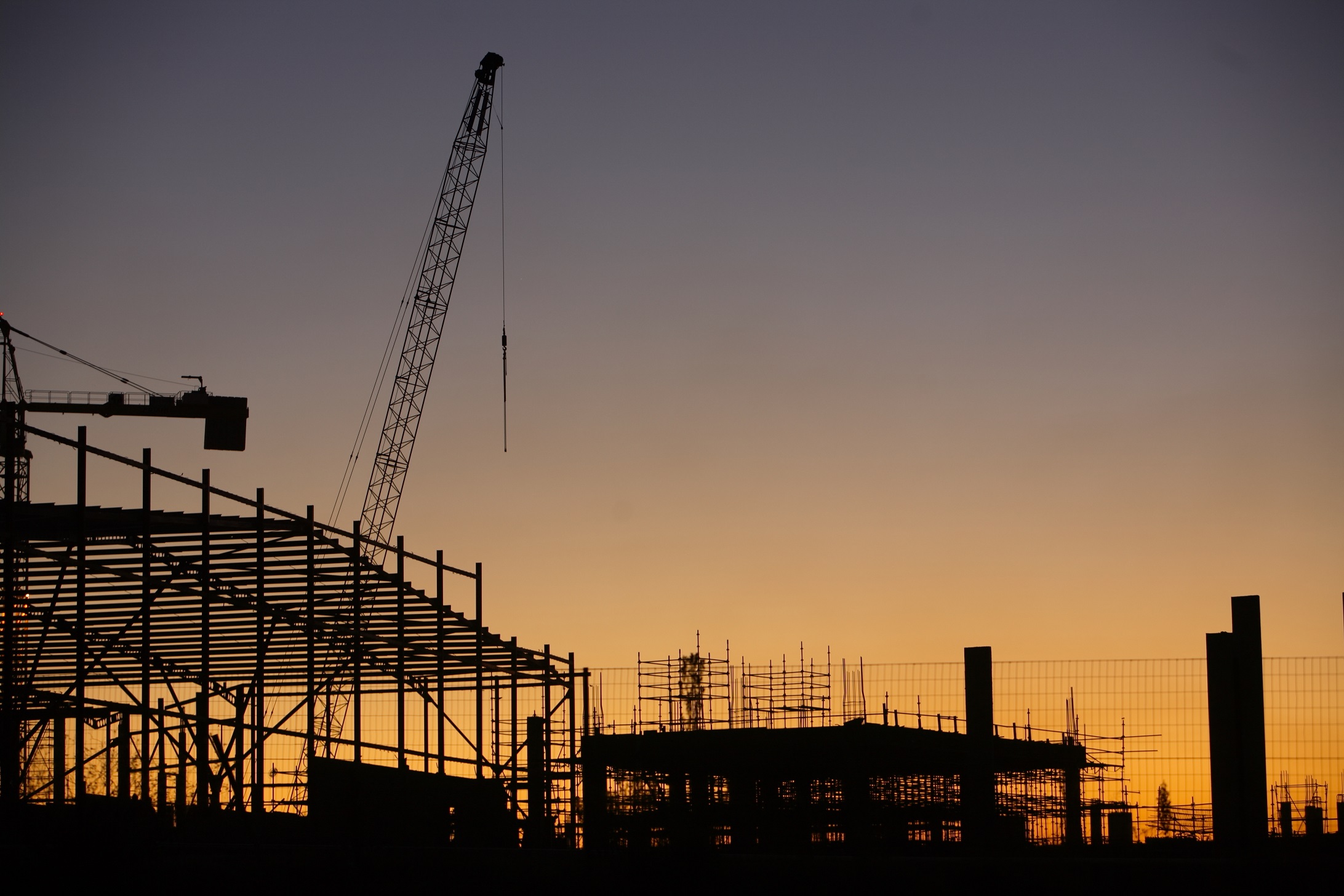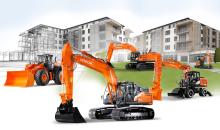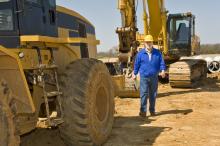
Those are among the findings in a new report from AMA Research, which says that in 2021 there was a healthy growth across the UK construction equipment rental market which continued throughout 2022 as built-up demand boosted the construction market.
Statistics show a 6.8% increase in market value from 2020. The recovery of the market in 2021 was aided by government stimulus to accelerate infrastructure and housing projects.
Plant hire companies dominate the market with an estimated share of 37.7% driven primarily by earth moving equipment, road construction equipment and crushing and screening equipment. The hybrid category is getting larger and almost on par with the plant hire category, accounting for 37.1. Specialists are a key category in the market, particularly for welfare equipment, ancillary equipment and cranes. This represents 22.2% of the market. The remaining 3.1% is made up of tool hire companies.
Uncertain economic times are likely to weigh in favour of hire rather than buy decisions, so it is anticipated that the construction equipment rental will be in high demand during this time. Due to this, AMA Research forecasts that the market will grow by 5.7% in 2022.
AMA Research director Laura Pardoe comments: “It’s in uncertain times that the hire sector comes into its own. We can see how true this was during 2020 when the hire sector serviced emergency requirements for temporary facilities and new approaches to enable social distancing though offering welfare, accommodation, marquee, and traffic management solutions, among much more.
"We will see it too in the months to come when economic uncertainty is likely to favour ‘hire’ over ‘buy’ decisions as contractors need to fulfill requirements in ever-changing conditions with ever-increasing costs.”









